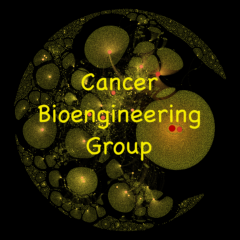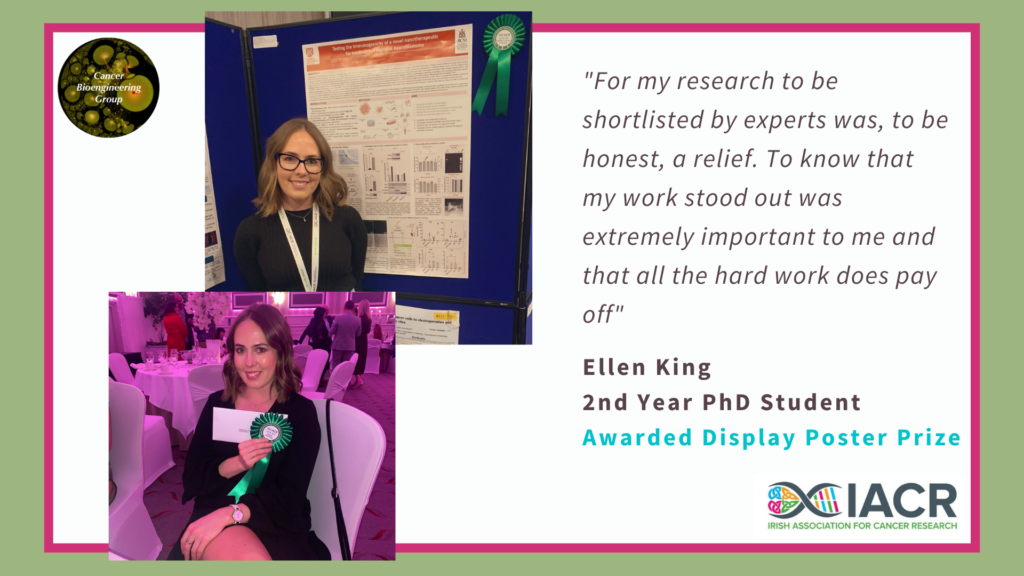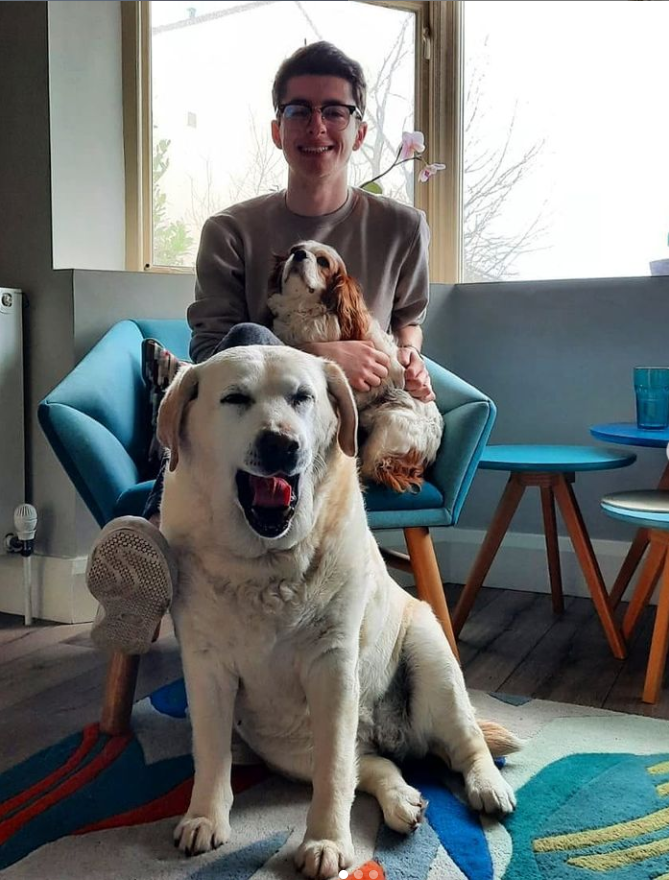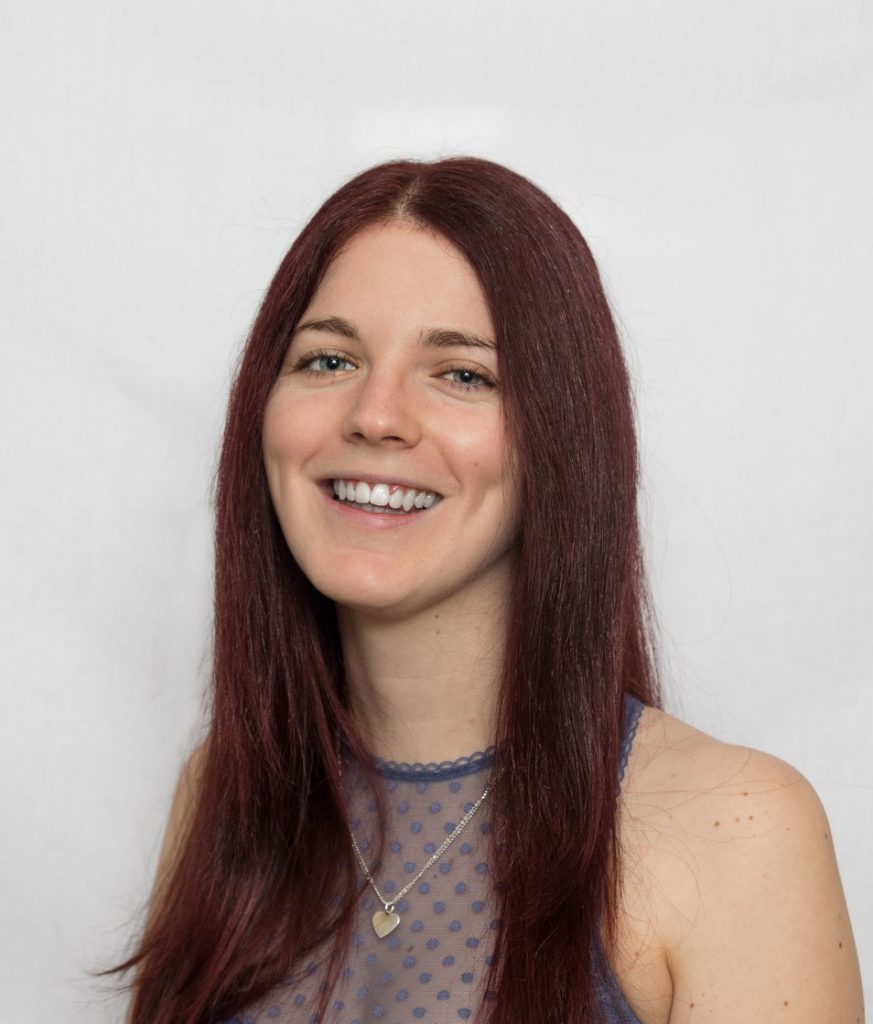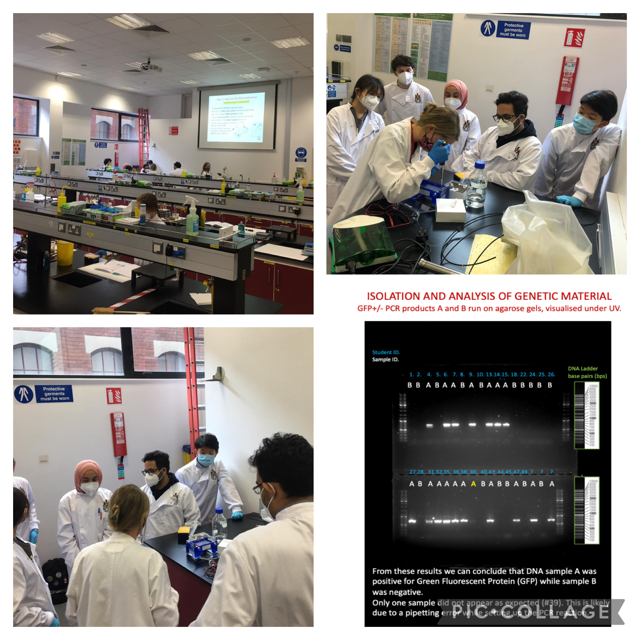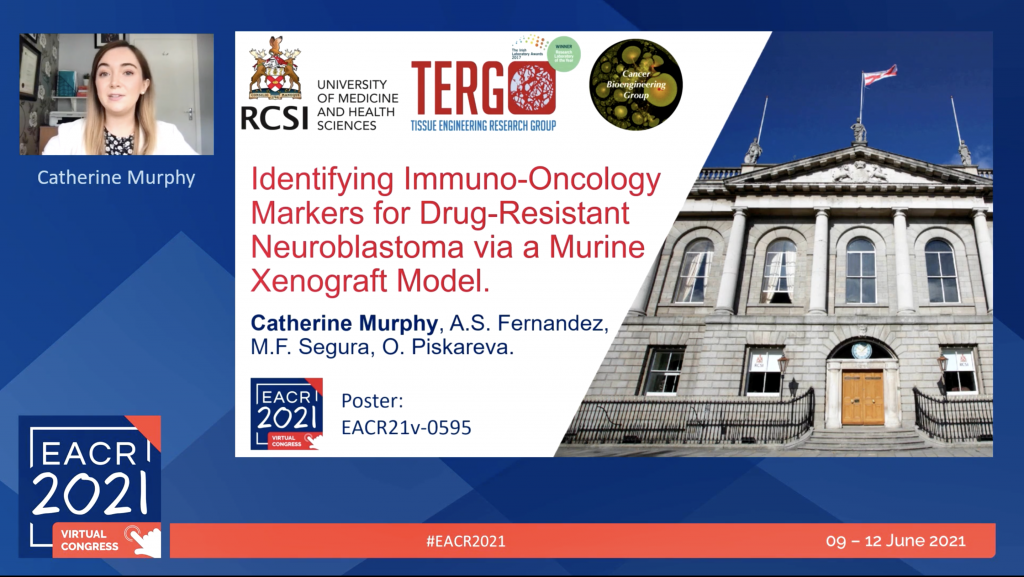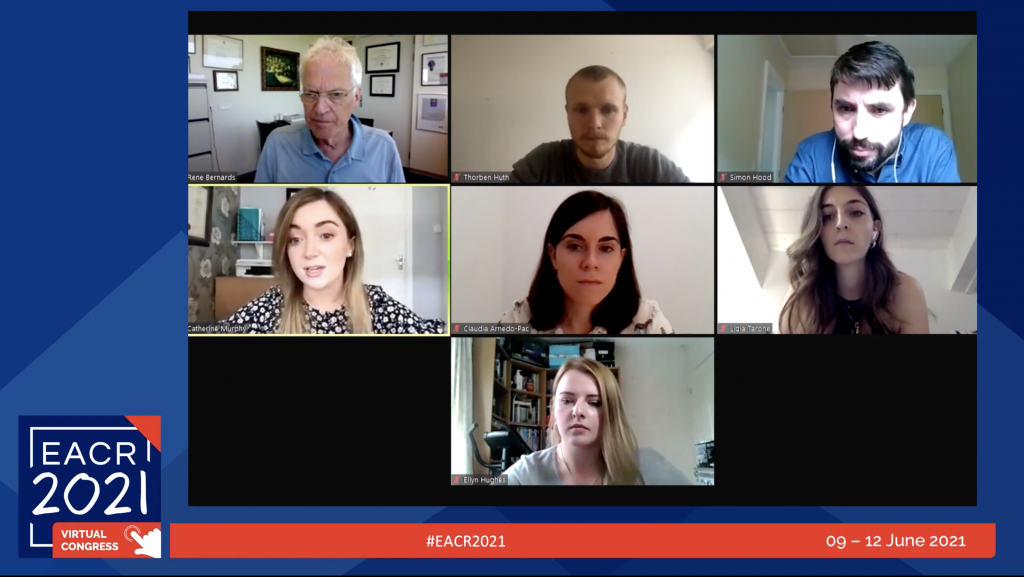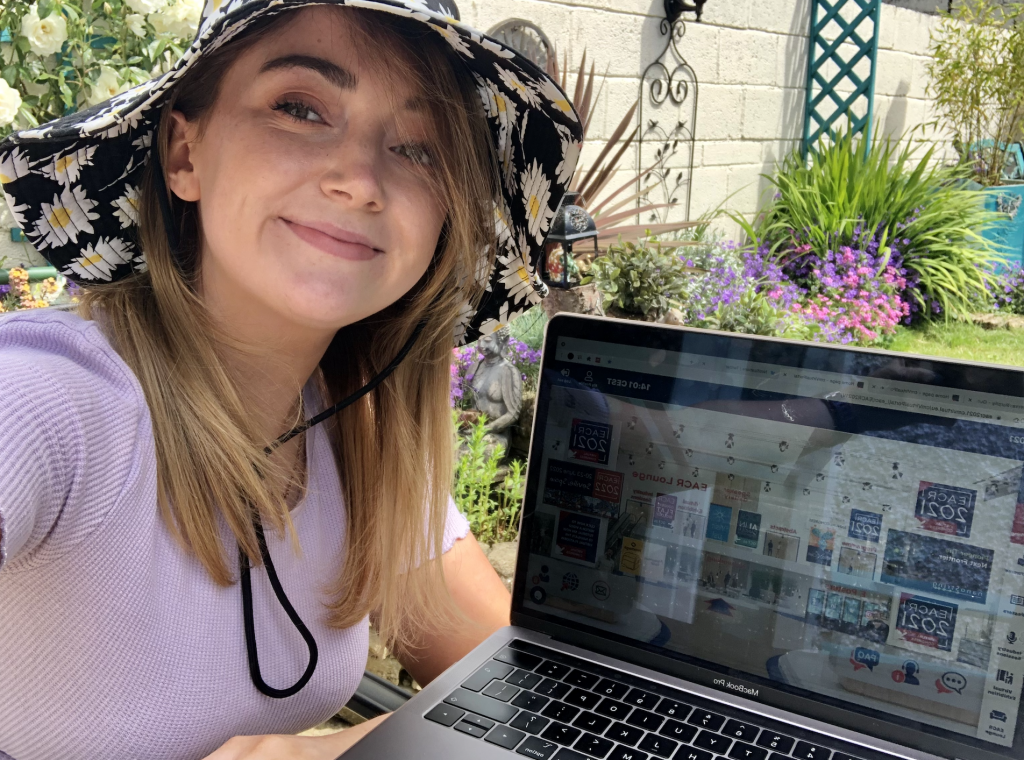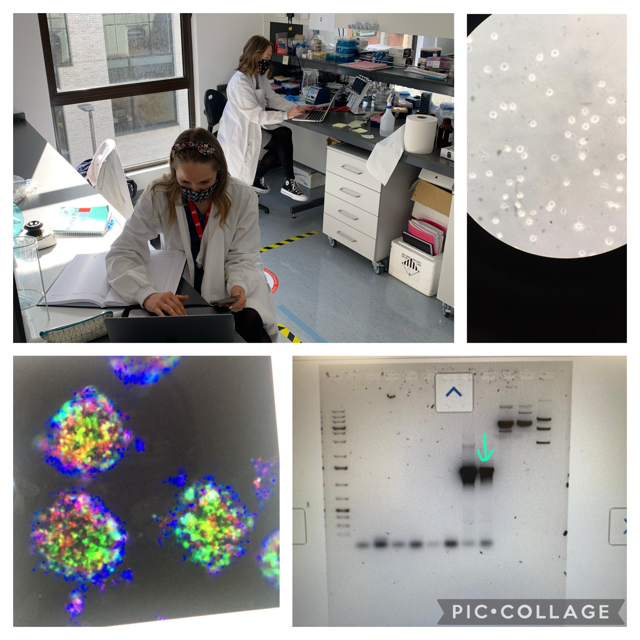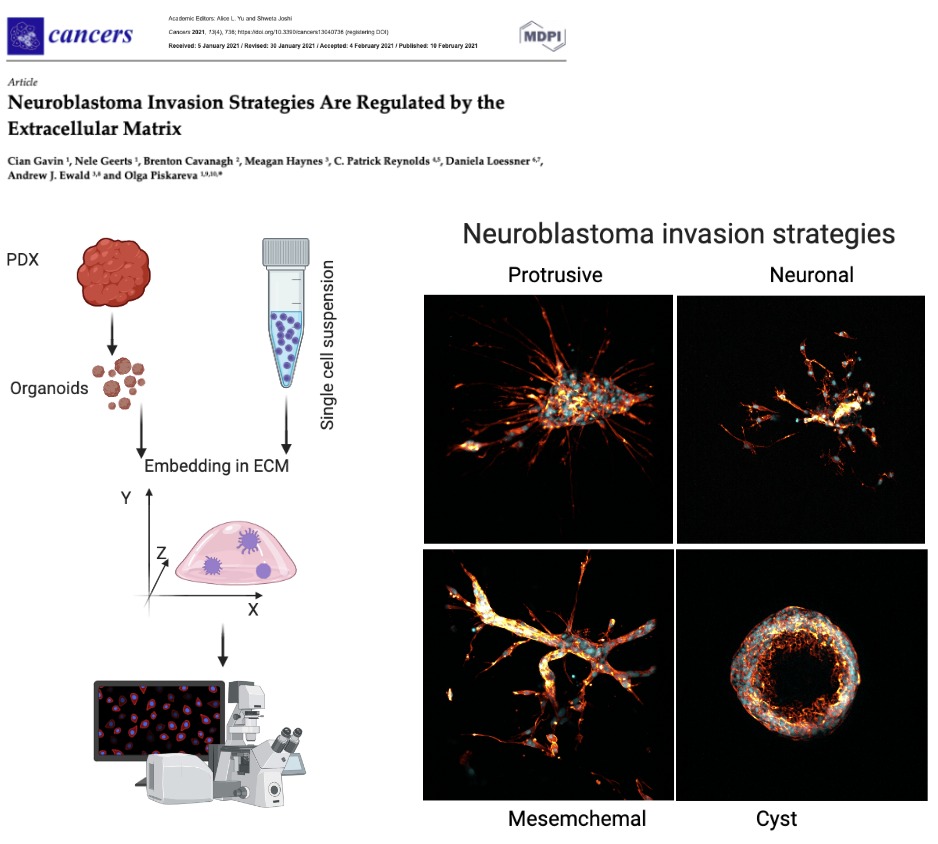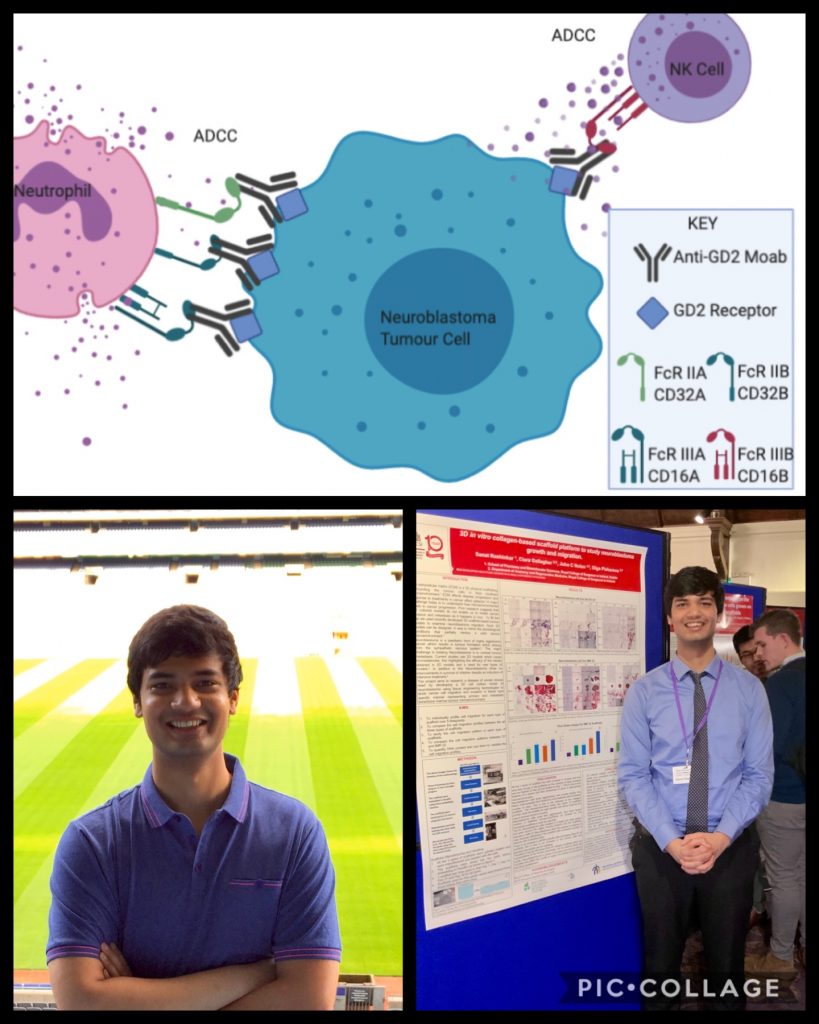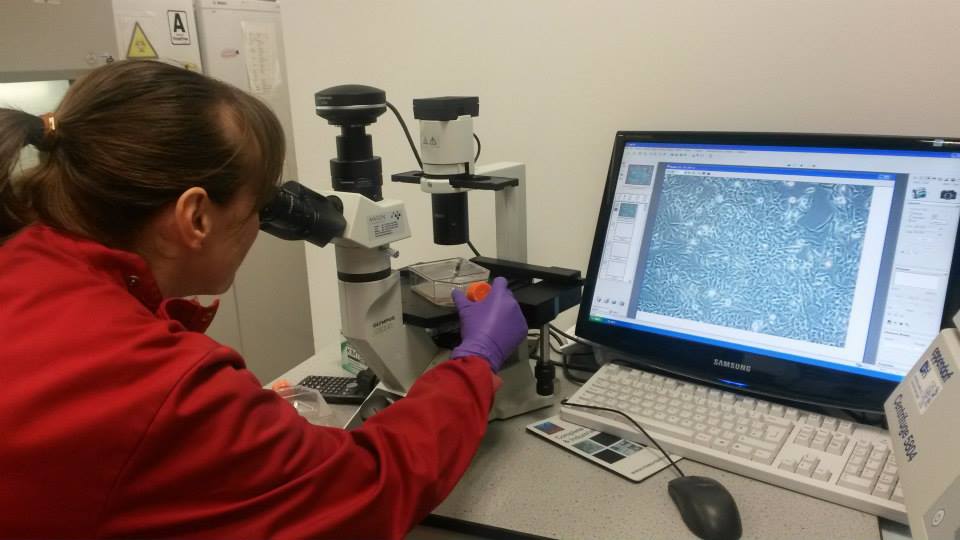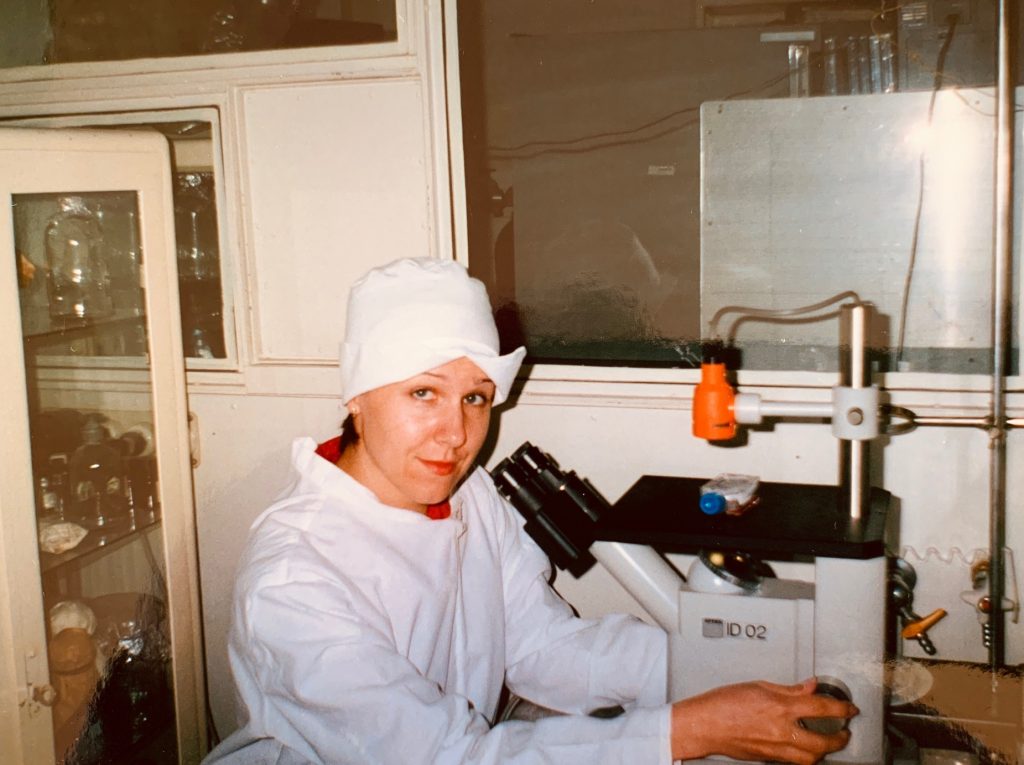In-person conferences are back at last! In March 2021 I attended the IACR conference for the first time, albeit virtually. While there were some great talks at IACR 2021, the virtual experience was lacking in the networking and socialising opportunities that go hand-in-hand with traditional conferences. So I was very excited to be Cork-bound for IACR 2022 in March of this year.
To my surprise, my abstract was selected for a Proffered talk, meaning I had 10 minutes in the limelight of the IACR podium to present my research on immune markers in neuroblastoma. Having gone two years without presenting to a crowd, it was an adrenaline-filled experience, and it was great being surrounded by my colleagues after the talk rather than being at home alone in front of my computer.
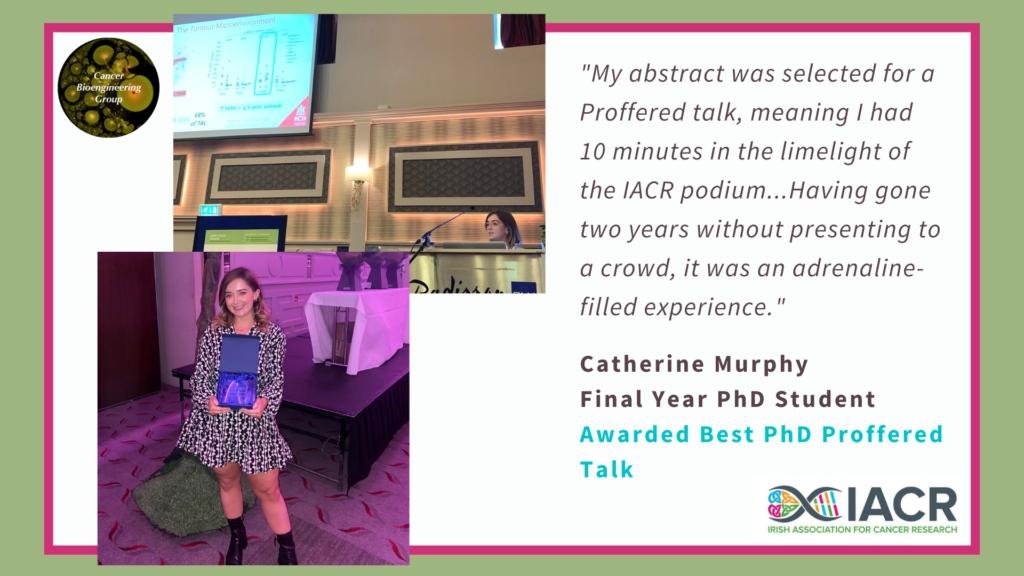
There were many very memorable research talks and posters at IACR, but some of the best memories came from the moments in between the scientific sessions. From the train down to Cork with my lab group, to buffet dinners, a quick journey into Cork city, going for a swim in the lovely hotel pool, and singing and dancing the night away at the gala dinner on the last day of the conference.
One of the highlights of the conference for me was the awards ceremony at the gala dinner, where to my delight I was awarded the Best Proffered PhD talk! What a fantastic way to end a great few days at IACR 2022.
Written by Catherine Murphy
